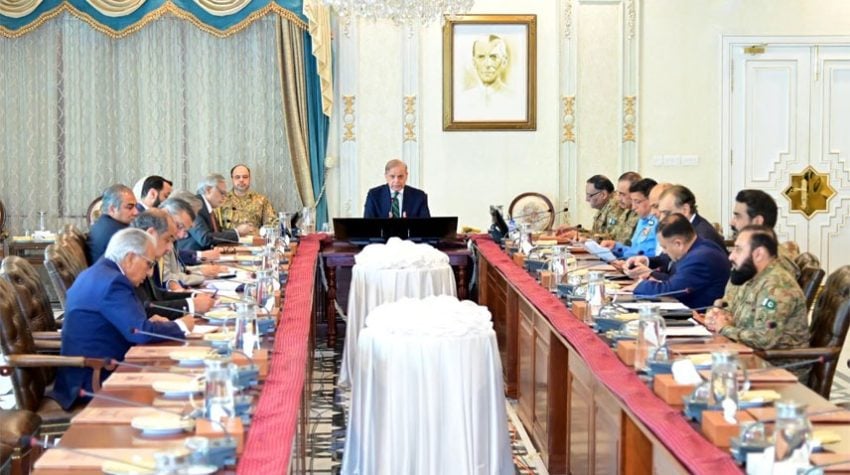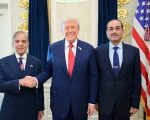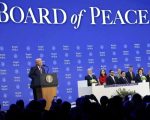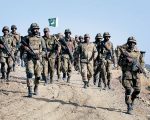Watching the news unfold after the awful attack in Pahalgam, my initial sadness turned into unease. The fingers pointed so quickly towards Pakistan, without what felt like any solid proof being offered, was deeply troubling. So, when Pakistan’s National Security Committee (NSC) came out with its decisions, led by Prime Minister Shehbaz Sharif, I have to admit, there was a sense of relief mixed with sober realization. Here was a clear, strong response – a nation standing up for itself, drawing lines to protect what’s truly vital, and making sure its position wasn’t misunderstood. It felt like exactly the kind of firm, necessary reply the situation demanded, especially given what Pakistan saw as careless accusations and actions from India.
The NSC’s approach wasn’t just about political statements; it zeroed in on what truly matters for the people of Pakistan. Take the issue of water, for instance. Calling water access under the Indus Waters Treaty a “Vital National Interest” gets right to the heart of it – this is about the lifeblood of the nation, essential for millions of families and their future. The declaration that interfering with this water flow would be seen as an “Act of War” is incredibly serious, yes, but it underscores just how fundamental this is. You can feel the resolve behind it – a message that some things, especially resources critical for survival guaranteed under international agreements, simply aren’t up for debate and will be protected with everything the nation has.
Then there are the other steps – the diplomatic moves, the border closure, suspending visas and trade. Looking at these, it doesn’t feel like random actions, but like part of a thought-out strategy to reset the terms of engagement. It’s like saying, “We need respect, we need adherence to agreements, and here are the consequences if that doesn’t happen.” The conditional suspension of agreements like Simla ties future progress directly to addressing Pakistan’s core concerns – alleged interference and the unresolved status of Kashmir. While these steps undoubtedly cause disruption, impacting real people’s travel and business, they send an unmistakable signal about protecting national dignity and security interests. It feels less like aggression and more like establishing firm boundaries.
And you have to see this response in context. And you have to remember, this isn’t just about the latest headline for Pakistan. Bringing up their long-held view on Kashmir – backing self-determination under UN guidance – isn’t just reciting history; it feels deeply connected to their sense of identity and justice. Then there’s the painful cost they’ve shouldered fighting terrorism. You can almost hear the frustration when they speak of the immense losses, the soldiers and civilians caught in the crossfire, only to then find themselves facing accusations over incidents elsewhere. Pointing to specific evidence, like the Kulbhushan Jadhav case, feels less like a dry legal argument and more like hitting a raw nerve, a way of saying, “Hold on, we believe there’s another side to this story of interference, and we feel genuinely wronged by the constant blame.” It really comes across as more than just politics; it’s an attempt to balance the scales, to paint a fuller, more complex human picture and remind everyone that there’s a history of hurt and grievance driving these responses too.
Finally, the NSC reaffirmed Pakistan’s readiness to defend itself, recalling the events of 2019. This wasn’t meant as a threat, it seems, but as a calm statement of capability and determination. Reading through the decisions, the overall feeling I get is one of measured strength. This was Pakistan drawing a line in the sand, particularly on the critical issue of water, clarifying what it will not tolerate. It feels like a befitting response – strong, yes, but necessary to safeguard its vital interests and assert its place as a sovereign nation that demands respect for international law and the rights of its people. It’s a stand that says clearly: peace is the goal, but not at any price.














